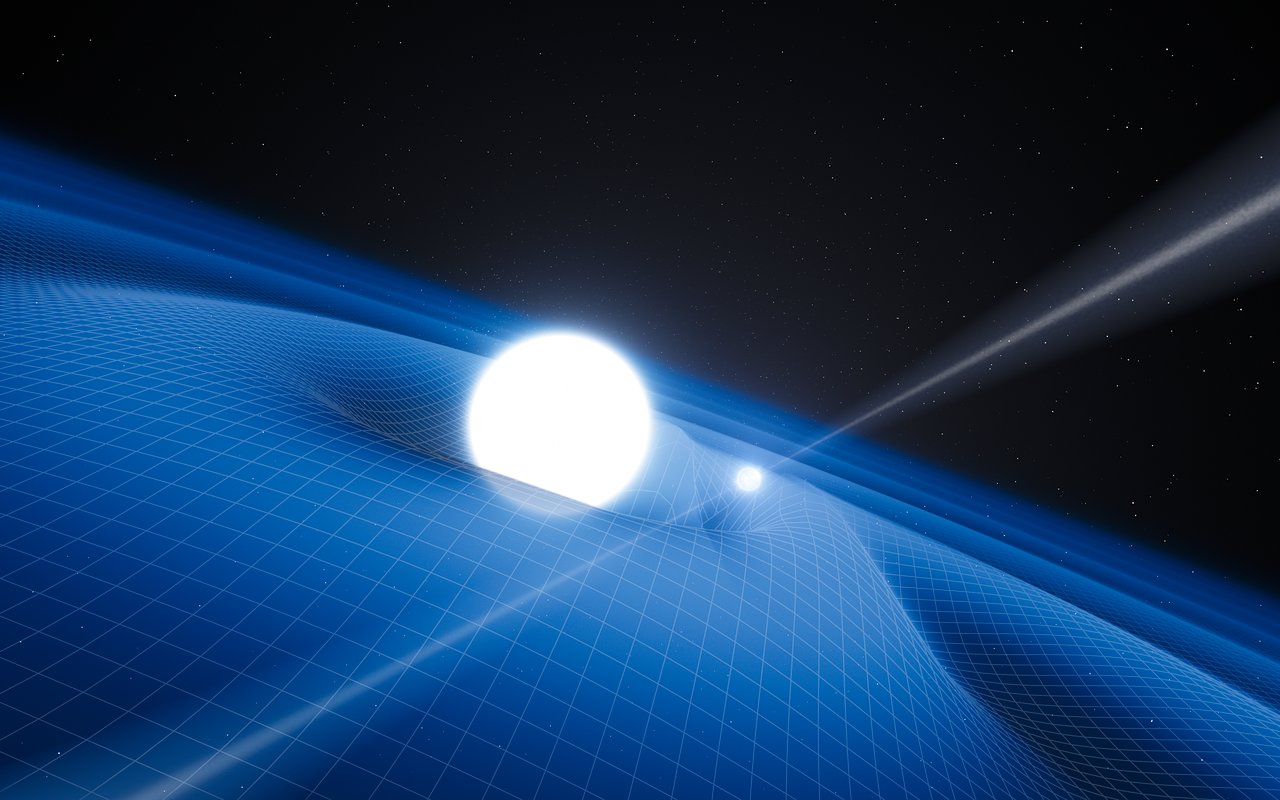Does the Precession of the Earth’s Orbital Axis Affect Earth’s Seasons?

Question:
I understand that Polaris will not be the North star forever and in about 12,500 years Vega will be the North star and that is due to axial precession. With the axial tilt responsible for the 4 distinct seasons I don’t understand why in 12,500 years with Vega being the North star summers will still start in June. My logic tells me that summers should start in December because of the North pole pointing to Vega instead of Polaris (51 degrees difference in declination).
Thank you!
Answer:
The precession of the Earth’s orbital axis, with a period of about 26000 years, slowly changes the position of the Earth’s orbital axis relative to the background stars. This is why Vega is predicted to be close to the Earth’s axial position, when projected on to the sky, in about 12,500 years. This precession of the Earth’s axis does not affect the axial tilt of the Earth with respect to its orbital plane about the Sun, which gives us seasons. Season’s on Earth are not defined relative to the background stars visible during specific seasons. As you point out, though, in about 12,500 years Vega will be a winter star for northern-hemisphere-based observers rather than its prominence as a summer star today.





